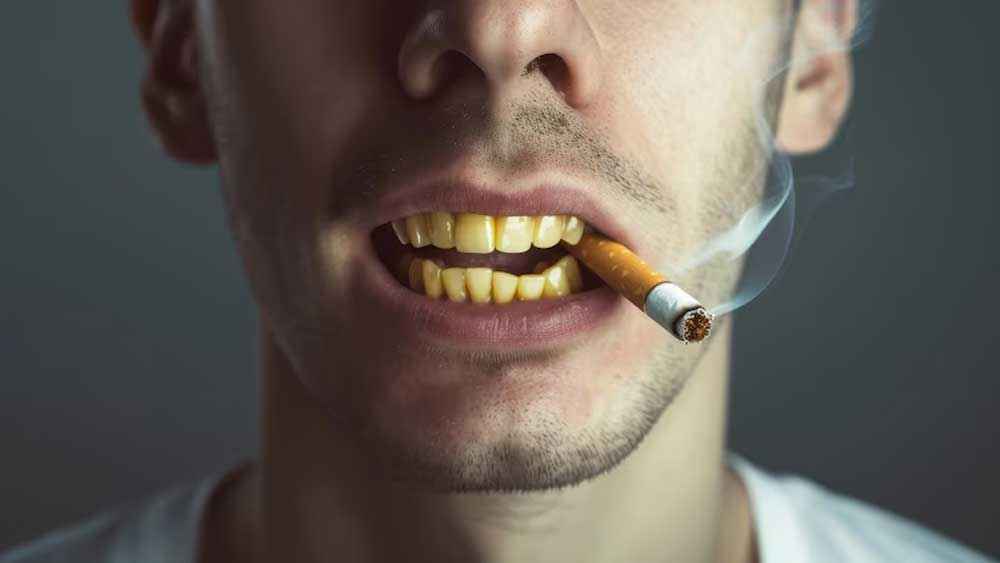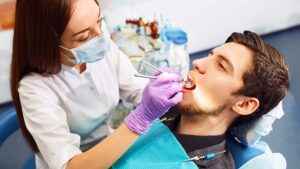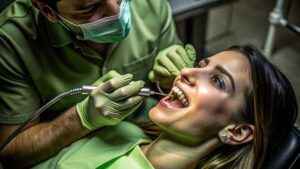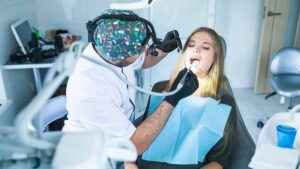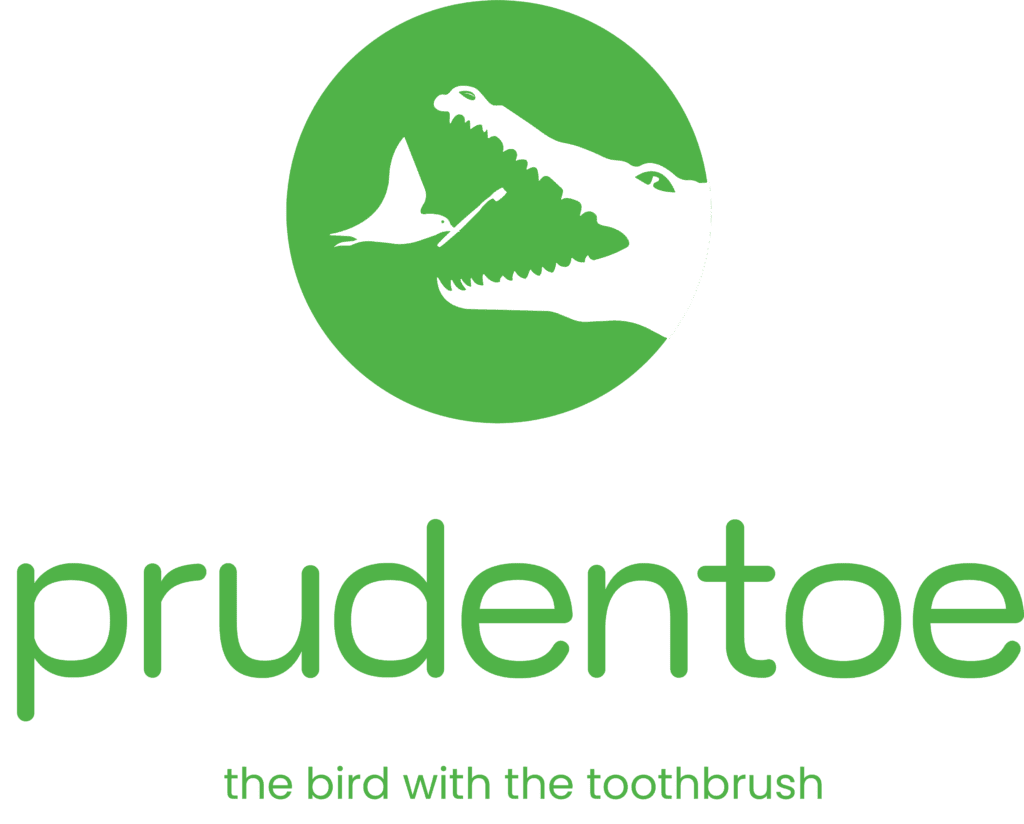We all know how smoking is injurious to health, but not many know how injurious smoking is to oral health, – Your everyday oral health. Oral cancer is the endgame of smoking, yes but did you know that smoking affects your day to day oral hygiene in multiple ways as well? Read along to know some simple yet very important tips that you can follow everyday to maintain your oral hygiene as a smoker/ex-smoker.
But first, let us understand who is called a smoker or ex-smoker. According to the CDC (Centre for Disease and Drug control), a smoker is someone who has smoked 100 cigarettes in their lifetime and is currently smoking. An ex-smoker is someone who has smoked 100 cigarettes in their lifetime but is not currently smoking or has quit.
How does smoking affect your oral health?
Yes smoking has an adverse effect on your oral health but the mechanism by which it does so is a bit different to other diseases. Smoking decreases the flow of saliva and dries up your mouth. Along with that, it actually decreases the inflammation process that is needed to self-heal your oral tissues. This leads to heavy bacteria accumulation causing dental caries, plaque accumulation, gum problems and more. The narcotics in the cigarettes react with your oral tissues and initiate cancer cell proliferation.
Essential Oral Care tips for smokers/ex-smokers
- Use a fluoride toothpaste - Fluoride helps remineralize the tooth and protects the tooth surface from bacterial intervention. As smokers have a comparatively higher bacterial index, this is a good option to prevent cavities and tooth decay.
- Chew on a sugar free gum - as mentioned, the quantity of saliva is less in smokers. And saliva is important to self cleanse and maintain the oral cavity’s pH. Chewing on gum will induce saliva production. Be sure to use a sugar free one as we do not want to trigger more cavities.
- Brush properly twice a day and floss at least once a day - Gum diseases are often triggered by plaque accumulation. It is very important to clean this plaque off your teeth before it hardens and progresses to calculus. Regular self examination and being aware of your teeth is also a good habit.
- Use a soft toothbrush - In smokers, due to the lack of saliva, the teeth surfaces are already vulnerable to abrasions from harsh substances. Hence it is very important to use a toothbrush which is soft and will not abrade your teeth.
- Mouthwashes/Rinses - These help stop the bacterial activity in the mouth. Rinse your mouth with a diluted mouthwash solution at least once a day.
Visit your dentist regularly – This is the most important step of all because sometimes, one professional consultation is better than multiple oral care hours at home. Getting a dental checkup and a cleaning will prevent gum problems and arrest tooth decay, if any, in the starting stages. Your dentist can also help identify and navigate smoking related precancerous lesions/conditions.
Thanks Prudentoe’s home consultations, you can get your check ups done faster and hassle free. Book a consultation now.

